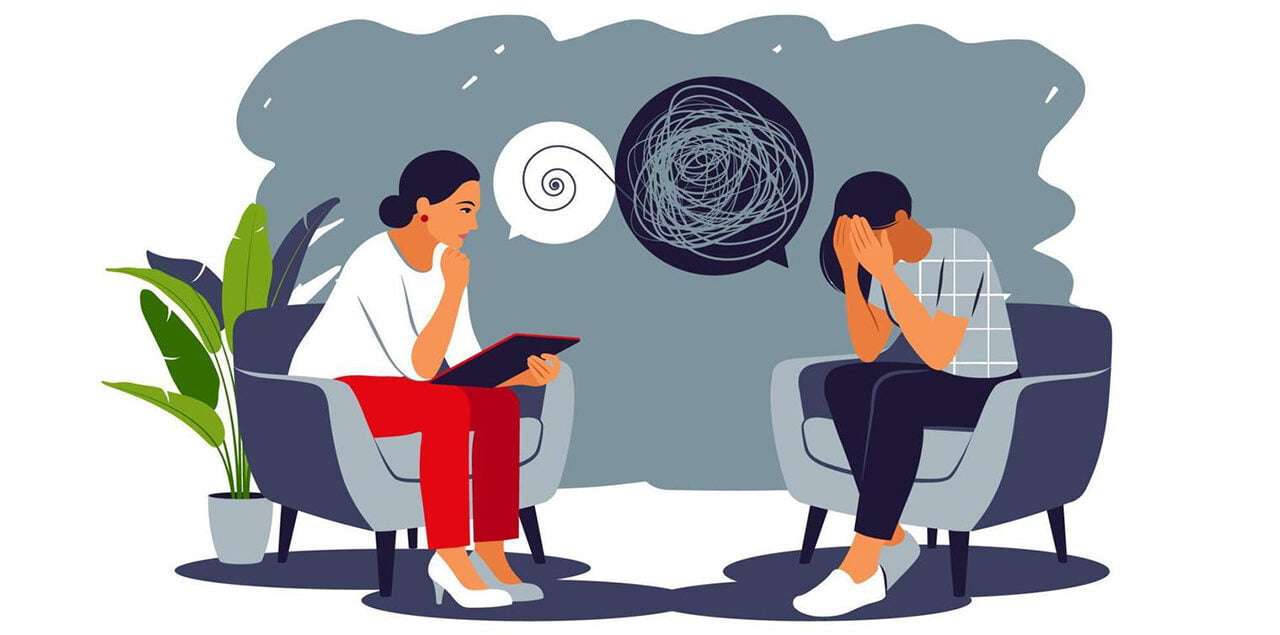How Emotional First Aid can improve outcomes during professional consultations
To the uninitiated, the idea of consulting a psychologist usually appears daunting.
A mental health consultation, to most Indians, is no-sane-man’s land.
An aversion to vulnerability, doubt and the idea of opening up to someone (apparently) waiting to pounce with a straitjacket often cause first-time help seekers to stay defensive in their consultations.
EFAA’s Enablers, however, are trained to provide a sort of prepping for this eventual consultation with psychiatrists and clinical psychologists, whilst dispelling the notions that most Indians hold about mental health professionals.
Opening their emotional gates
We’ll say it again: The idea of talking to a psychologist is still quite alien to most in the country. Because an Enabler stands somewhere between a psychologist and another regular person, this taboo makes a rare appearance in their minds. The first part of EFA is to get them talking without fear of judgement. You see what we did there, docs?
Softening them up for a professional touch
Step one was always to get them talking. The next one is to recognize if someone needs professional intervention. To guide them into it. The catharsis of merely speaking to an Enabler gets the usually reticent-to-talk-to-a-psychologist-Indian thinking, “Hey, this actually feels helpful. Maybe there IS something in talking to an actual psychiatrist, right?”
Unclouding their minds
Emotional First Aid can be messy for the Enabler. It’s meant to be. There’s a cloudburst of usually pent up emotion, inseparable from the event, people involved and the intensity of it all. Speaking to an Enabler can help the Aspirant separate the different factors affecting them in their mind. The visit to a psychologist, if needed, makes it quicker for the professional to discern causes of distress and arrive at a diagnosis.
Not letting it stew
Bottling up and ruminating over day to day events and injuries feeds into the development of specific behaviours and patterns of thought that take professionals a while to undo. Breaking down events with someone like an Enabler can prevent this festering of psychological wounds. While preventing scar tissue from forming over behaviour. Deeper psychological issues, such as disorders, remain the focus of professionals with such auxiliary support from Enablers.
This is analogous to first responders at the scene of physical injury. Skilled personnel can drastically improve the chances of survival and recovery with key actions delivered timely. Begin to see why we’ve called it EFA?

